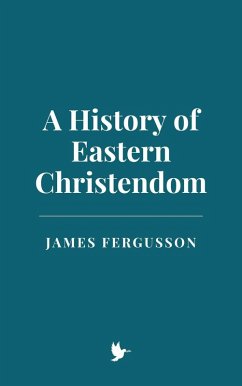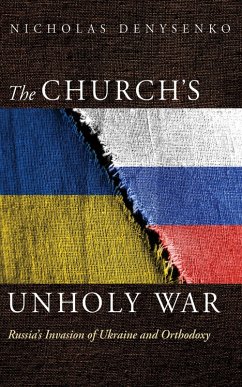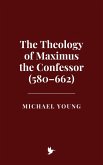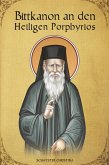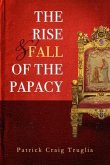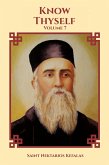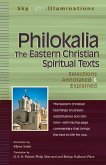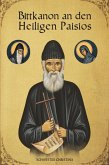Key historical events such as the Iconoclastic Controversy, the Crusades, the fall of Constantinople in 1453, and the rise of national Orthodox Churches are analyzed to underscore the complex interplay between religious identity and political power. The text examines the challenges posed by Western modernity, secularization, and the rise of atheistic regimes, particularly the Russian Orthodox Church's endurance under Soviet repression and its subsequent revival. The narrative also explores the role of Eastern Christianity in the ecumenical movement, highlighting the theological dialogues with the Roman Catholic and Protestant Churches and the quest for unity amid doctrinal differences.
The study addresses contemporary issues such as the Orthodox diaspora, jurisdictional disputes, environmental ethics, and social justice, reflecting the Church's ongoing mission in an increasingly interconnected world. By engaging with primary sources, theological reflections, and historical analysis, this work presents Eastern Christianity as a living tradition that has preserved its liturgical and theological heritage while engaging with the complexities of the modern era. The text concludes by emphasizing the Church's eschatological vision of unity, grounded in the mystery of the Holy Trinity and the transformative hope of the Gospel.
Dieser Download kann aus rechtlichen Gründen nur mit Rechnungsadresse in A, B, CY, CZ, D, DK, EW, E, FIN, F, GR, H, IRL, I, LT, L, LR, M, NL, PL, P, R, S, SLO, SK ausgeliefert werden.

